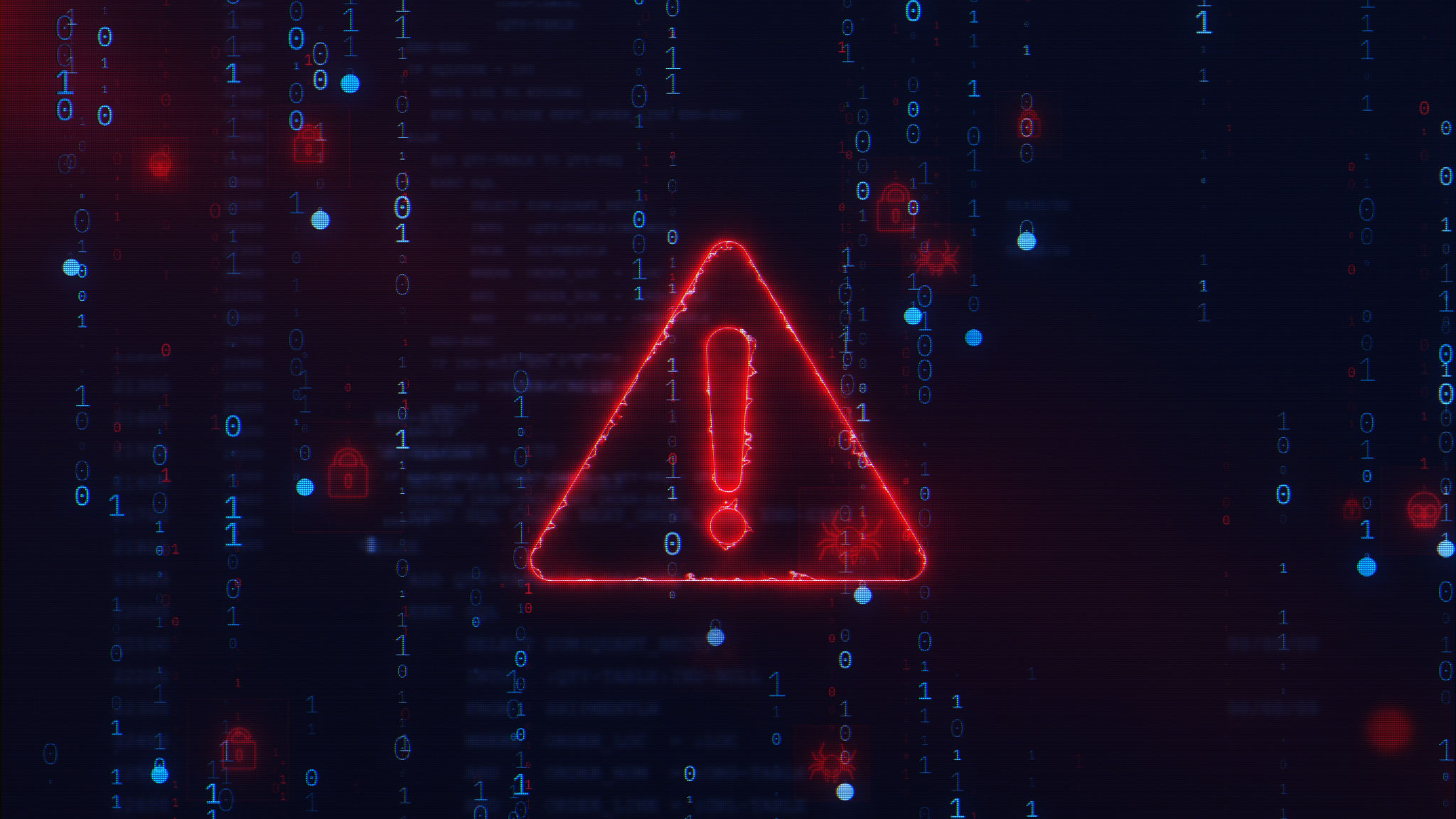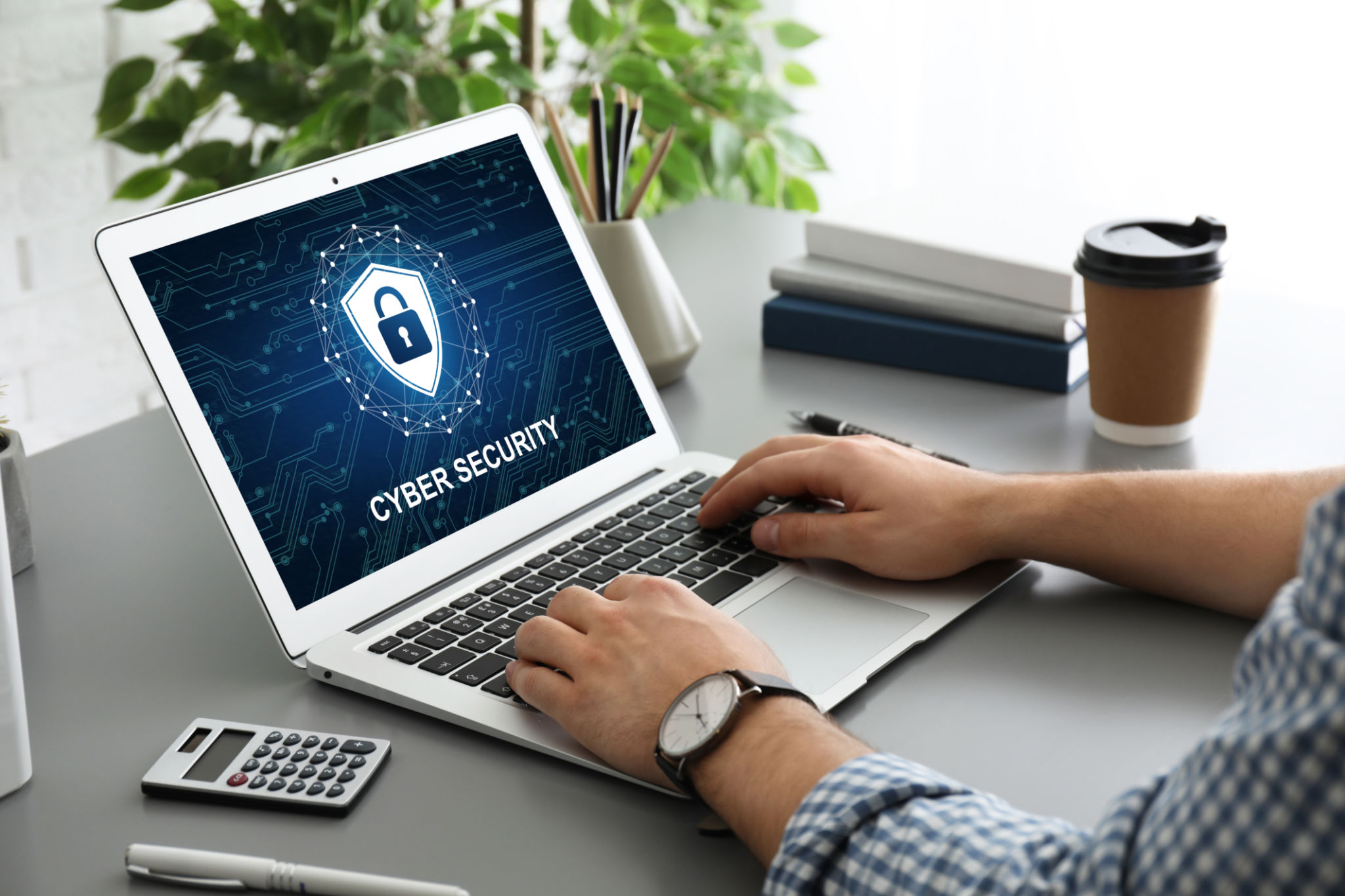Expert Insights: The Future of Cybersecurity in the UK
Understanding the Current Cybersecurity Landscape in the UK
As technology continues to evolve, so too do the threats that target our digital infrastructure. In the UK, cybersecurity has become a top priority for businesses, governments, and individuals alike. With cyberattacks becoming more sophisticated and frequent, understanding the current landscape is crucial for developing effective defense strategies.
The UK government has been proactive in addressing these challenges, investing heavily in cybersecurity initiatives. However, the private sector also plays a vital role in safeguarding data and systems against ever-evolving threats. This collaborative approach is essential for building a resilient cyber defense framework.

The Role of Artificial Intelligence and Machine Learning
One of the most significant advancements in cybersecurity is the integration of artificial intelligence (AI) and machine learning (ML). These technologies are transforming how security systems detect and respond to threats. By analyzing vast amounts of data in real-time, AI can identify patterns and anomalies that could indicate a potential cyberattack.
AI-driven security solutions are particularly valuable in detecting zero-day attacks, which exploit vulnerabilities that are not yet known to the public or software vendors. By leveraging machine learning algorithms, these systems can adapt to new threats faster than traditional security measures.
Emerging Threats and Challenges
Despite advancements in technology, new threats continue to emerge at an alarming rate. Ransomware, phishing attacks, and supply chain vulnerabilities are just a few examples of the challenges that organizations face today. As these threats grow in complexity, so too does the need for advanced security measures.

The rise of remote work has further complicated the cybersecurity landscape. With more employees accessing company networks from home, securing endpoints and ensuring safe data transmission have become critical concerns. Organizations must invest in robust security protocols to protect against potential breaches.
The Importance of Cybersecurity Education and Awareness
While technology plays a crucial role in cybersecurity, human factors should not be overlooked. Cybersecurity education and awareness are vital components of a comprehensive defense strategy. Employees must be trained to recognize potential threats and understand best practices for maintaining security.
Implementing regular training sessions and drills can significantly reduce the risk of human error leading to a breach. Additionally, fostering a culture of security within an organization encourages employees to prioritize cybersecurity in their daily tasks.

Regulatory Changes and Compliance
In response to the growing threat landscape, regulatory bodies in the UK have introduced stricter compliance requirements. The General Data Protection Regulation (GDPR) is one such example, mandating businesses to protect personal data and report breaches promptly. Non-compliance can result in hefty fines and damage to a company’s reputation.
Staying informed about regulatory changes and ensuring compliance is essential for businesses operating in the UK. Organizations must regularly review their security policies and procedures to align with legal requirements and industry standards.
Looking Ahead: The Future of Cybersecurity
The future of cybersecurity in the UK will likely see continued collaboration between the public and private sectors. As technology advances, so too must our defense mechanisms. Investment in research and development will be key to staying ahead of cybercriminals.
Furthermore, emerging technologies such as quantum computing present both opportunities and challenges for cybersecurity. While they offer enhanced computational power, they also pose new risks that must be addressed proactively.

In conclusion, the future of cybersecurity in the UK depends on a combination of technological innovation, regulatory compliance, and human vigilance. By embracing a holistic approach, organizations can better protect themselves against the ever-evolving threat landscape.